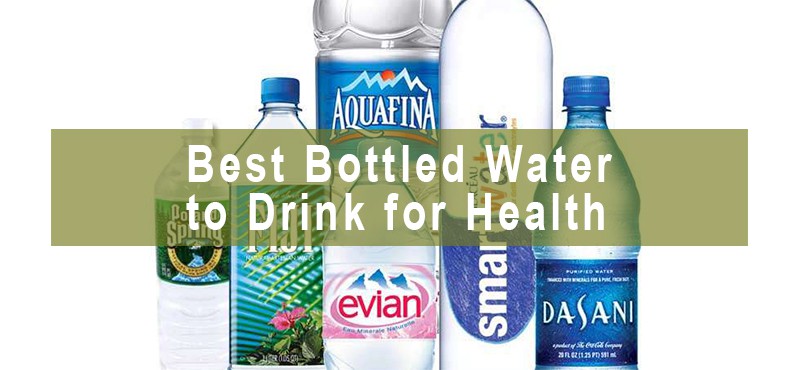The best bottled water to drink for health is clean and safe, and also tastes great and comes with a healthy ph level. Safe means that the water has been cleared of stuff like bacteria and microorganisms. Filtering may also remove metallic content (chlorine, fluorine, etc) if that is preferred by the consumer.
We scoured the market to find the best product and lo, we found several brands out there saying fairly the same things about their products. So, it can get really hard to decide which one is best, but we can mention a few that are best in this or that category. We also looked into the bottles themselves for comparison.
Without anymore delay, here’s the information we have collated hoping that it can help you choose the best product for your family.
Best Bottled Water pH: The pH Content Matters
When you look at the label, it is best that you take note of the pH level of the water inside the bottle. Bottled water brands are generally on the alkaline side (having a pH greater than 7). While tap water is commonly regarded pH-neutral (meaning pH is equal to 7, the EPA recommends a pH level between 6.5 and 8.5 for municipal drinking water.
For alkaline bottled water, on the other hand, the ideal pH level recommended for long-term human consumption is 8.5 to 9.5. There are claims that alkaline water energizes and detoxifies the body, but to date, there is no evidence to back these claims.
Nonetheless, see to it that the pH level of your bottled water does not give you any discomfort. If the water tastes bitter, it can be that its pH is too high.
Likewise, the product’s pH should not be way below the neutral 7, which is considered to be acidic. Acidic food, juices and water can destroy the enamel covering that protects the teeth of a person.
For this category, check the Fiji and the Deer Park Natural Spring Water.
TDS of Best Bottled Water: TDS Also Matters
The mineral content of the water should be considered as well, and for that, you check the TDS (total dissolved solids) level in the label of the product. It is usually expressed in mg/l.
TDS content refers to the minerals, inorganic salts and organic matter present in the water (nitrate, sulfate, fluoride, bicarbonate, carbonate, sodium, potassium, calcium and magnesium). The higher the TDS, the more powerful and complex the water tastes.
So what’s the best TDS level for bottled water to be safe and healthy? It depends on your taste preference, and whether or not the presence of minerals is actually healthy for your body.
For comparison and to get you a better idea, compare Berg which comes with a very low TDS at 5 mg/l, and the Vichy Catalan which comes with a huge TDS of 3,050.
Best Bottled Water in Terms of the Bottle Itself
If you are a huge defender of Mother Earth, you would naturally use the most environment-friendly product. For that, we recommend the JUST WATER brand. It comes with a bottle that is actually made of carton, much like the carton that soups come with.
A bottle’s re-use value is also considered by many people as an important factor. However, though plastic water bottles have high re-use value, be very careful when using them. Since plastic easily tears and breaks into smaller, non-visible particles, it can be dangerous to your health.
Think about the more expensive options that come with glass bottles. They are easy to wash and re-use for drinking. Just be a little more creative when repurposing glass bottles other than re-using them for drinking.
The Final Verdict
The best bottled water for drinking is safe in all aspects. The bottle itself should be safe and will not cause chemical reaction with the body when re-used for drinking. If using plastic water bottled water, do not reuse it for health reasons.
Keep your family safe by getting bottles with the right pH level, right TDS level and material that will not pose risk to your health. Try out a few bottles out there and see if they fit your requirements.
Post any questions below.

